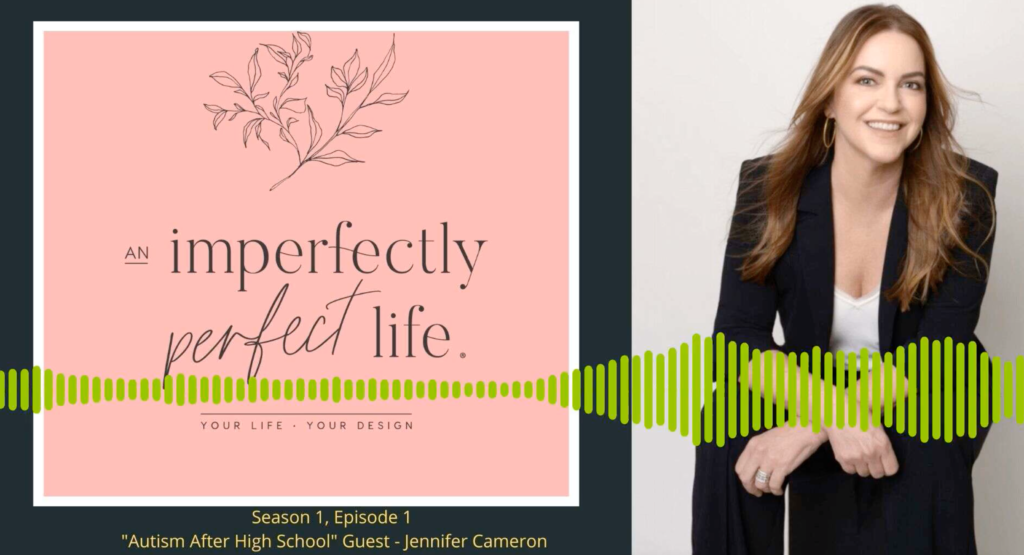It is back to school time! Transitioning back to school can be a challenge for families with children who have received an autism diagnosis and those challenges don’t just end at high school graduation. Navigating what life after high school looks like for a young adult with autism can be daunting for parents of adult children with autism.
I had the opportunity to interview Jennifer Cameron – she is the Vice President of Global Luxury for Coldwell Banker BAIN, a mom to a beautiful young adult daughter who carries a diagnosis of autism. Jennifer can be reached at and her www.luxurymarketingspecialists.com and graciously has welcomed any parents with questions surrounding her experience with raising a child with autism through young adulthood. She can also be found on
Linked In – Jen Cameron
Twitter – Lms.Jen
Facebook – luxury_marketing_specialists
Instagram – luxury_marketing_specialists
Jennifer is one of the amazing women who shares her story in my book, Make Your Mess Your Message – More Life Lessons From And For My Girlfriends. The entire interview can be viewed on this website under the book’s tab. In the interview, Jennifer provides 3 tools for parents who are navigating the often challenging transition of raising a child with autism and that move from childhood to adulthood.
Jennifer’s 3 tips for families:
“We talk about autism as being a spectrum, right? And along that spectrum, everybody has different needs and different issues that they’re dealing with in the same way. Autism as a parent and advocate is a spectrum and it changes all the time. And so the need might change.”
1. “A tribe, you have to have a support tribe and your tribe does not need to be large. It could be two or three people that you trust that understand what you’re going through and help you to not feel alone. And, I have mine and they saved me.”
2. “A therapist is another really great tool for you and for your child or young adult. I recently hired a therapist for my daughter who’s 24 during the pandemic, because I realized that she needed an outlet and I can’t always be that outlet. Neither do you have to always be that outlet. “
3. “The third thing in the toolbox that I think you need is your gut. Your gut instinct is better than anything. Anyone will tell you or advise you from the day that your young child may be diagnosed to where I am now, 20-some years later, my gut has been my biggest advocate. “
“And then my last thing I would say is you don’t have to do it alone and you shouldn’t, it’s too complicated – early on find the right resource to help you transition from high school to adulthood and by advocate, I mean, legal services, somebody that can help you sort through it because it’s a very complicated process and one that you want to do right. So you had asked at what point do you start preparing? I would say early in high school start saving funds that you’ll need as they transition out of high school for those services, because they’re expensive and then start studying up and talking to people that have done it before you and what they’ve gone through so that you are prepared.”


